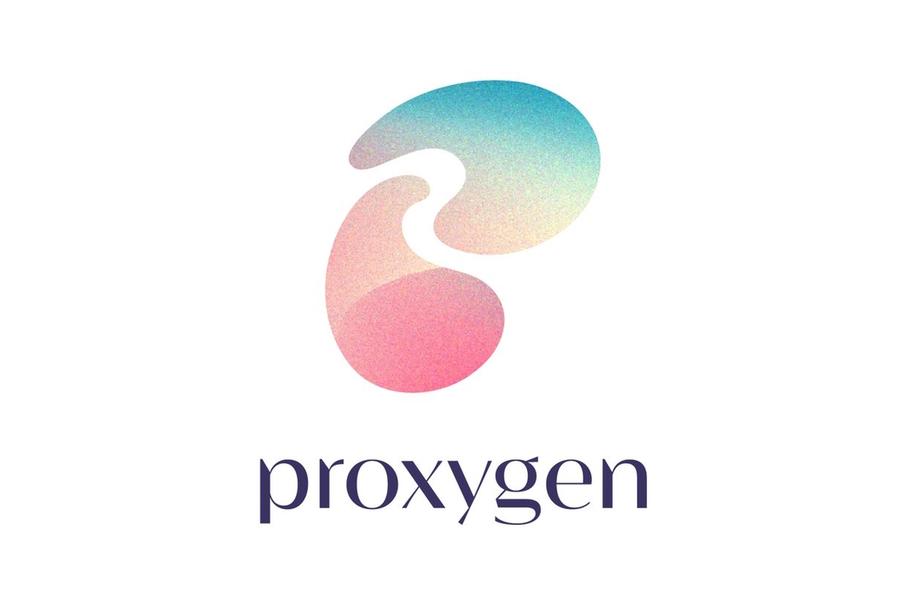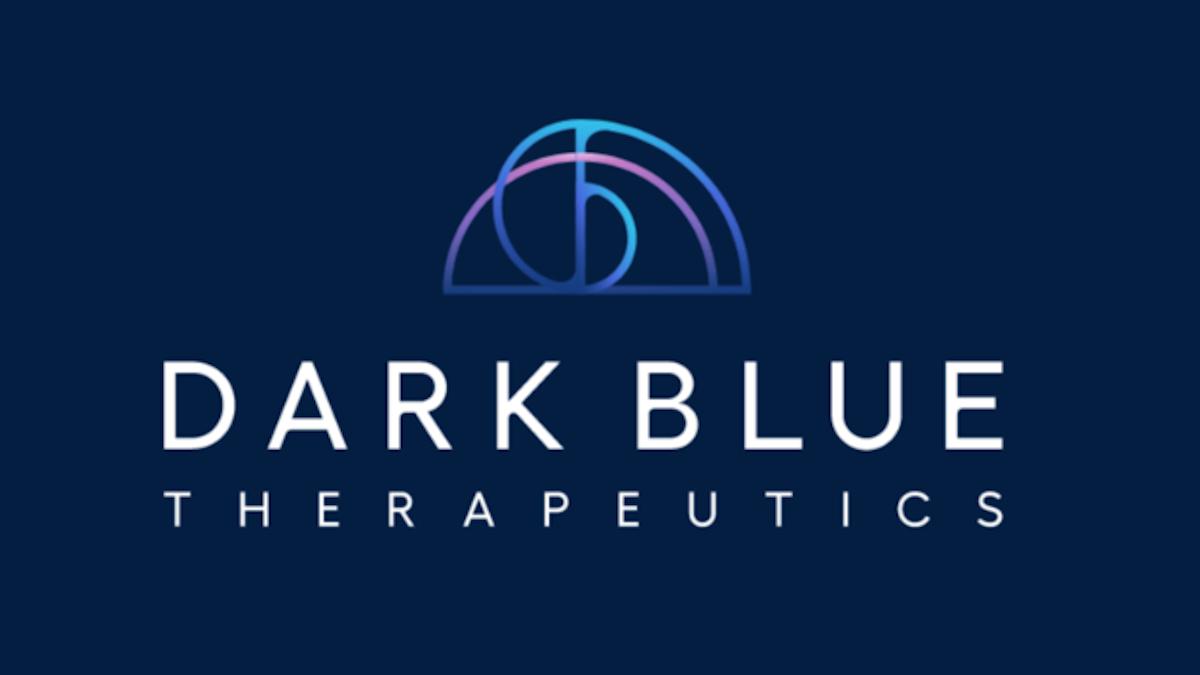Merck gets stuck on Proxygen’s molecular glue degraders

Proxygen has added another big pharma company to its list of partners, with Merck & Co the latest to be snared by its molecular glue degrader technology.
Merck – known as MSD outside North America – has offered up to $2.55 billion for the partnership, which spans several unidentified therapeutic targets. It follows a 2020 agreement between the Austrian biotech and Boehringer Ingelheim – the financial details of which have not been disclosed – and a €495 million ($554 million) deal last year with Germany’s Merck KGaA.
Molecular glue degraders re-direct the cell’s own quality control machinery towards disease-causing proteins, inducing their selective and complete elimination. The aim is to target rogue proteins associated with disease, which could open up a path to addressing a wide range of ‘undruggable’ targets.
It’s not an entirely new concept – established blood cancer drug Bristol-Myers Squibb’s Revlimid (lenalidomide) and Pomalyst (pomalidomide) are known to work by this type of mechanism for example – but only in the last few years have biotech companies been formed to start developing molecular glue degraders from the ground up.
This third deal with Merck comes just three years after Proxygen was set up, and is another endorsement of the biotech’s platform – one of several that aim to unlock the potential of molecular glue degraders in the industry.
One rival is Evotec, which saw a long-running partnership with BMS focused on degraders for neurodegenerative disorders – first signed in 2016 – upgraded recently with a new top-level value of $4 billion. BMS is also working in this area with SyntheX, under the terms of a $550 million deal signed last year that spans multiple disease targets.
Another player is Biotheryx, which has just signed an alliance with Incyte that also spans multiple targets, earing the US biotech a $7 million upfront fee with up to $347 million in milestone payments.
“We are very excited to announce this collaboration with MSD and look forward to combining our innovative platform technology and unique expertise in identifying novel molecular glue degraders with MSD’s world class research and development capabilities,” said Proxygen's chief executive, Bernd Boidol.
“This partnership provides us with the framework and resources to further leverage our platform for the discovery of new drugs against challenging targets,” he added. So far, Proxygen hasn’t provided any details on the in-house programmes it is pursuing independently of its big pharma partners.













